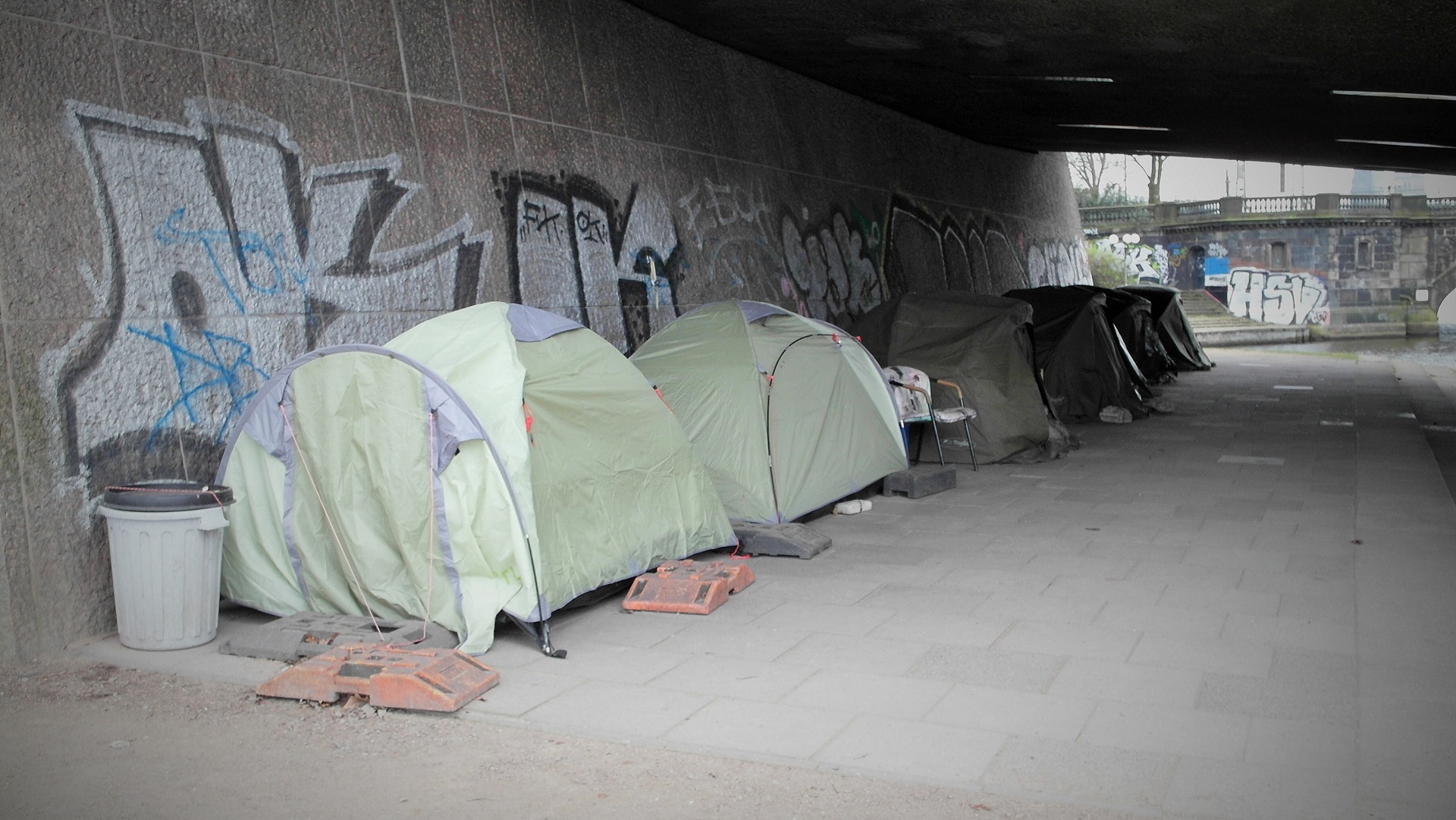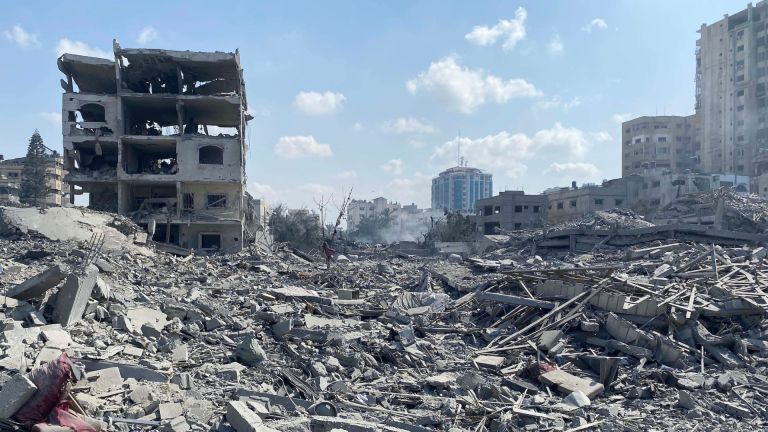In early 2020 there were many predictions that Covid-19 would hit people who are homeless hard. Being without shelter at such a time, or living in shelters with many other people, as well as higher likelihood of already having poor health, were just some reasons for these fears.
But that first wave in 2020 wasn’t as bad as many had feared for people experiencing homelessness. There were infections and deaths, but not nearly as bad as predicted.
Why? The main reason many people give is the Everyone In hotels. Hotels were used so people could come off the streets. The scheme was remarkable and radical. Almost everyone agrees the provision of hotels did an enormous amount to help many people stay safe, to address other health needs, and then get into more permanent housing. And Everyone In got a lot of press.
As well as the hotels, hostels and day centres also did a remarkable job of changing how they worked or doing new things. A lot happened quickly and possibly averted a catastrophe.
But from our research with people who were experiencing homelessness through that first lockdown and the rest of 2020 we found other factors too. Factors which weren’t recognised or understood.
People currently homeless, whether in hostels or temporary accommodation, were themselves taking a lot of steps to prevent Covid-19. This shouldn’t need saying, but then the press and lots of policy makers don’t often recognise it.










